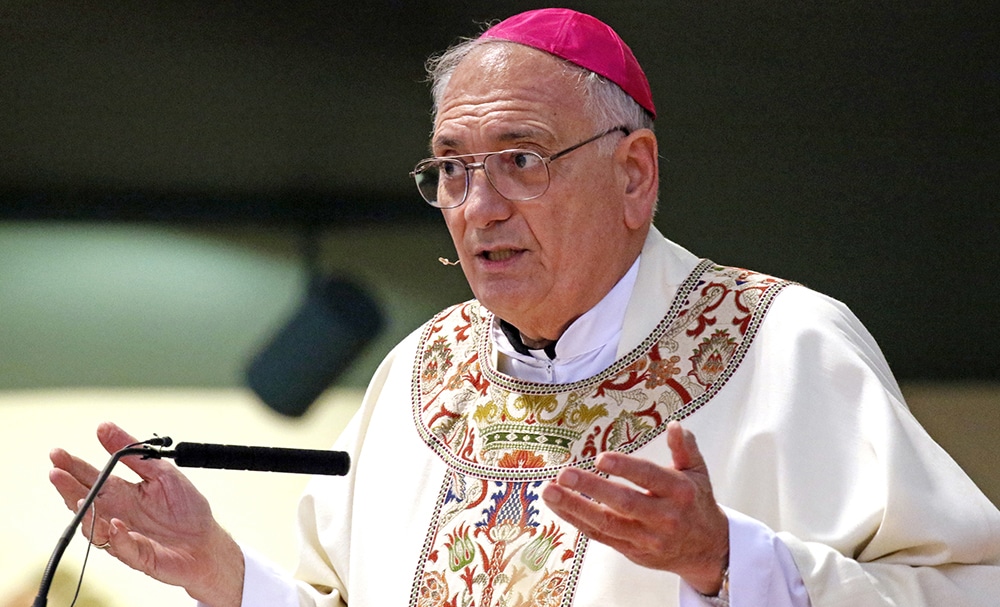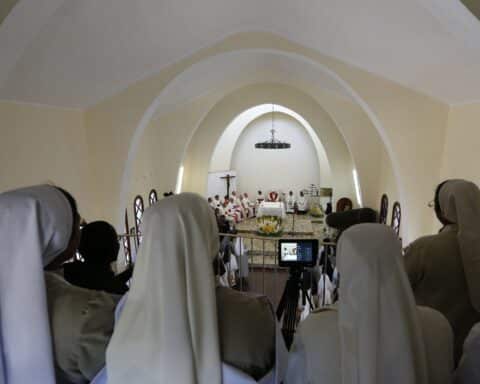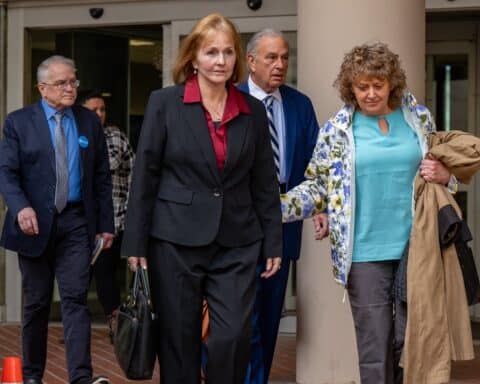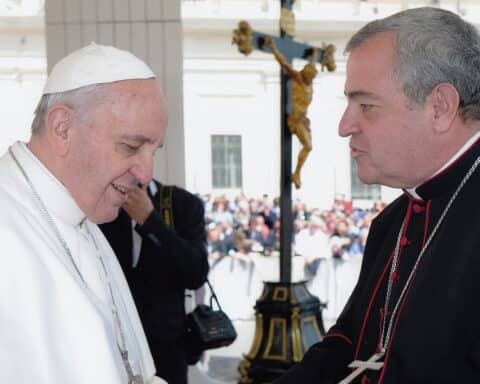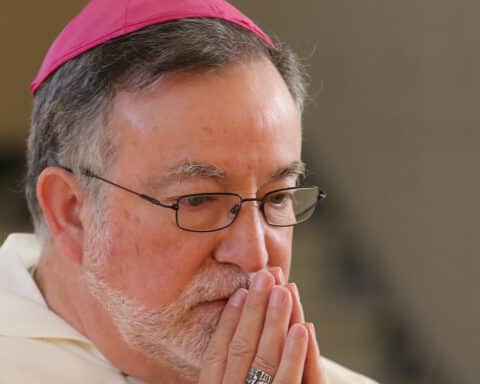
It occurs to me something like that — but by no means as amusing as Lewis Carroll makes it — may be starting to happen in at least a few high-visibility cases involving allegations of sexual misconduct by members of the Catholic hierarchy.
Before pursuing that thought further, though, I should say firmly and clearly that any priest, bishop or cardinal guilty of sexually abusing a child should be tried, convicted and punished severely. Ecclesiastical office should play no part here. But that cuts both ways: Their clerical status is not an excuse for treating accused priests, bishops and cardinals unfairly.
The most obvious case to which this dictum applies is that of Cardinal George Pell, former archbishop of Sydney and former head of the Vatican’s financial secretariat, who is now in the hands of the Australian legal system after he was charged with abusing two boys in the 1990s.
The good news is that Australia’s high court has agreed to hear his case. The bad news is that two lower courts found him guilty in circumstances that cause some to question whether justice is being done. In those earlier court proceedings, it seems, instead of the prosecution having to prove his guilt, the cardinal was put in the position of having to prove his innocence. This is as much an inversion of right order as the Queen’s “sentence first — verdict afterwards.”
Now, closer to home, we have the case of Bishop Nicholas DiMarzio of Brooklyn, New York, whom a 56-year-old man accuses of abusing him more than 40 years ago. Bishop DiMarzio categorically denies the allegation and promises to defend himself in court.
The twist, in this case, is that Pope Francis designated Bishop DiMarzio to conduct an “apostolic visitation” of alleged cases of clergy abuse and cover-up in the Diocese of Buffalo. His report is said now to be in Rome. Clearly, the media relish the irony and are happy to highlight it. The Associated Press, for one, headlined its story, “Bishop who investigated sex abuse accused of sex abuse.”
But the irony here is genuinely ironic only if one assumes before the fact that Bishop DiMarzio is guilty — and that is precisely what he unequivocally denies and what remains to be fought out in court. Absent of guilt, what is happening isn’t ironic but tragic. Thus the media would do well to hold off on gloating. At most, the present situation raises questions about the wisdom of having bishops investigate bishops. But that is something the Vatican insists on, and there is no getting around it.
As this story was breaking, the U.S. bishops, meeting in Baltimore, were hearing a report from Cardinal Seán O’Malley of Boston, a member of the council of cardinals who serve as advisers to the pope, who said that a comprehensive report by the Vatican shedding light on former cardinal Theodore McCarrick’s rise in the hierarchy — despite allegations that recently were made public pertaining his sexual abuse of children and seminarians — may be released quite soon.
The Vatican promised this over a year ago, but it’s good to know it’s ready — or almost ready — at last. As for the contents, it would be well to wait and see. No “sentence first — verdict afterwards” on this one, please.
Russell Shaw is a contributing editor for Our Sunday Visitor.

